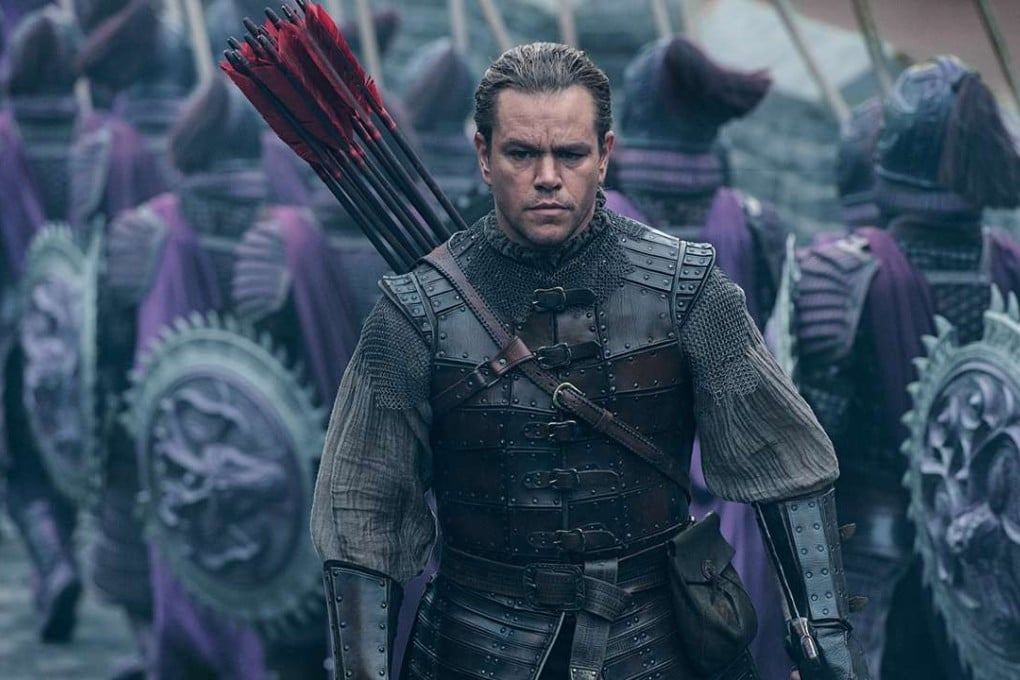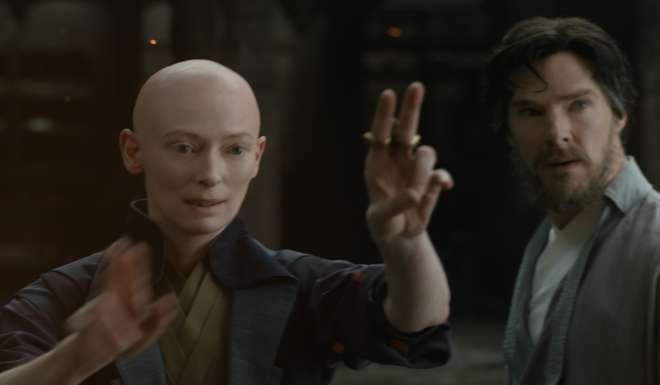London storm turns spotlight on ‘whitewashing’ in film and theatre
Jingan Young says the practice of casting Caucasian actors in East Asian roles and criticism of it go back a long way, but recent events prove ‘yellowface’ is far from history

The West London theatre venue, the Print Room, recently announced its latest seasonal offering: Howard Barker’s In The Depths of Dead Love.
The play, set to open in January, is “set in ancient China” and “tells of a poet exiled from the Imperial Court”, and follows four characters with names such as Mrs Hu and Chin. However, it features no actors of Chinese or East Asian descent.

Tilda Swinton feels ‘collateral damage’ of Doctor Strange ‘whitewashing’ controversy
So “English”, in fact, that all of its cast is of Caucasian background. In other words, the Print Room has decided to not only instigate the practice of “yellowface”, but to suggest that “English” roles may only be represented by white actors.